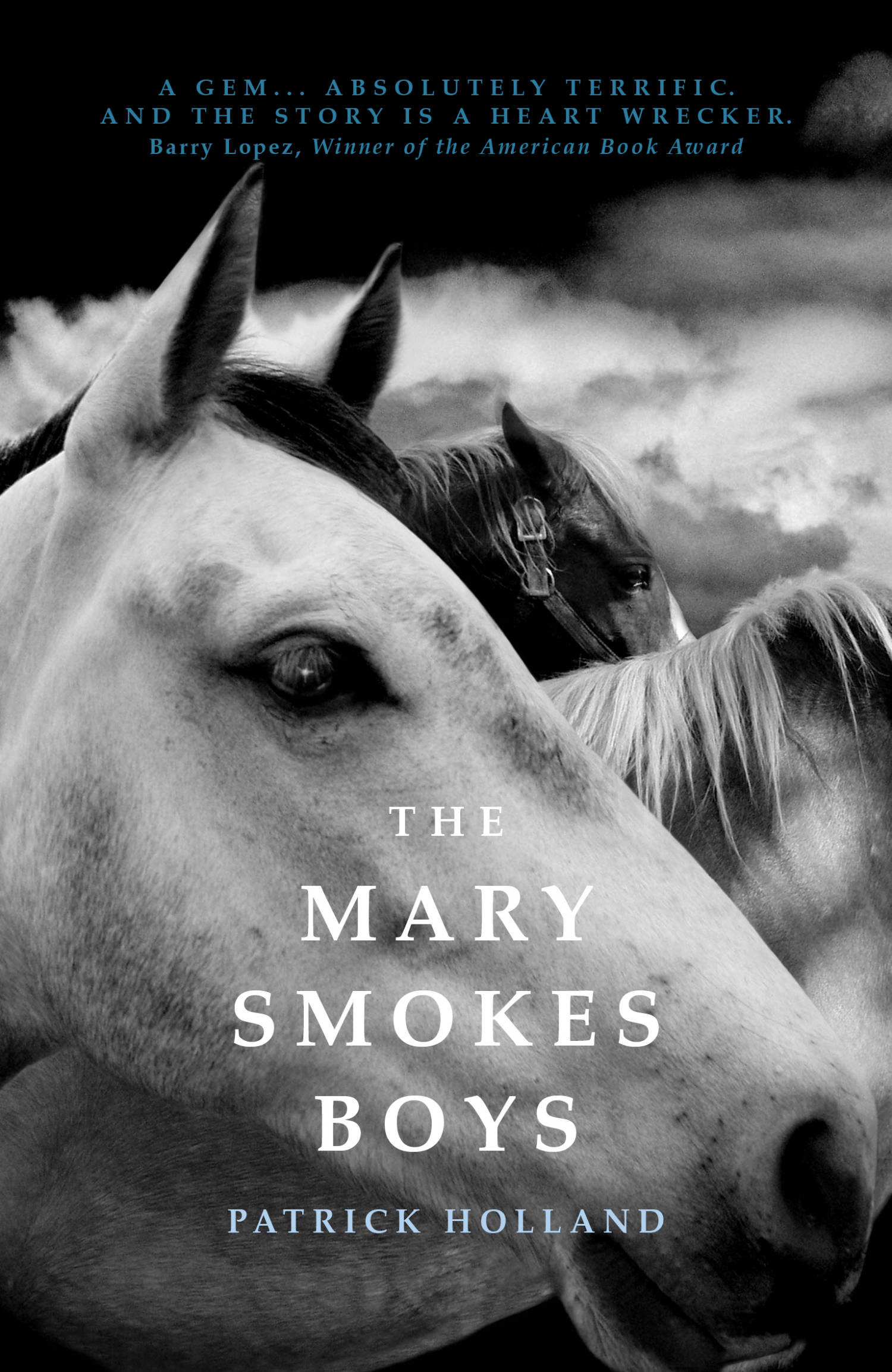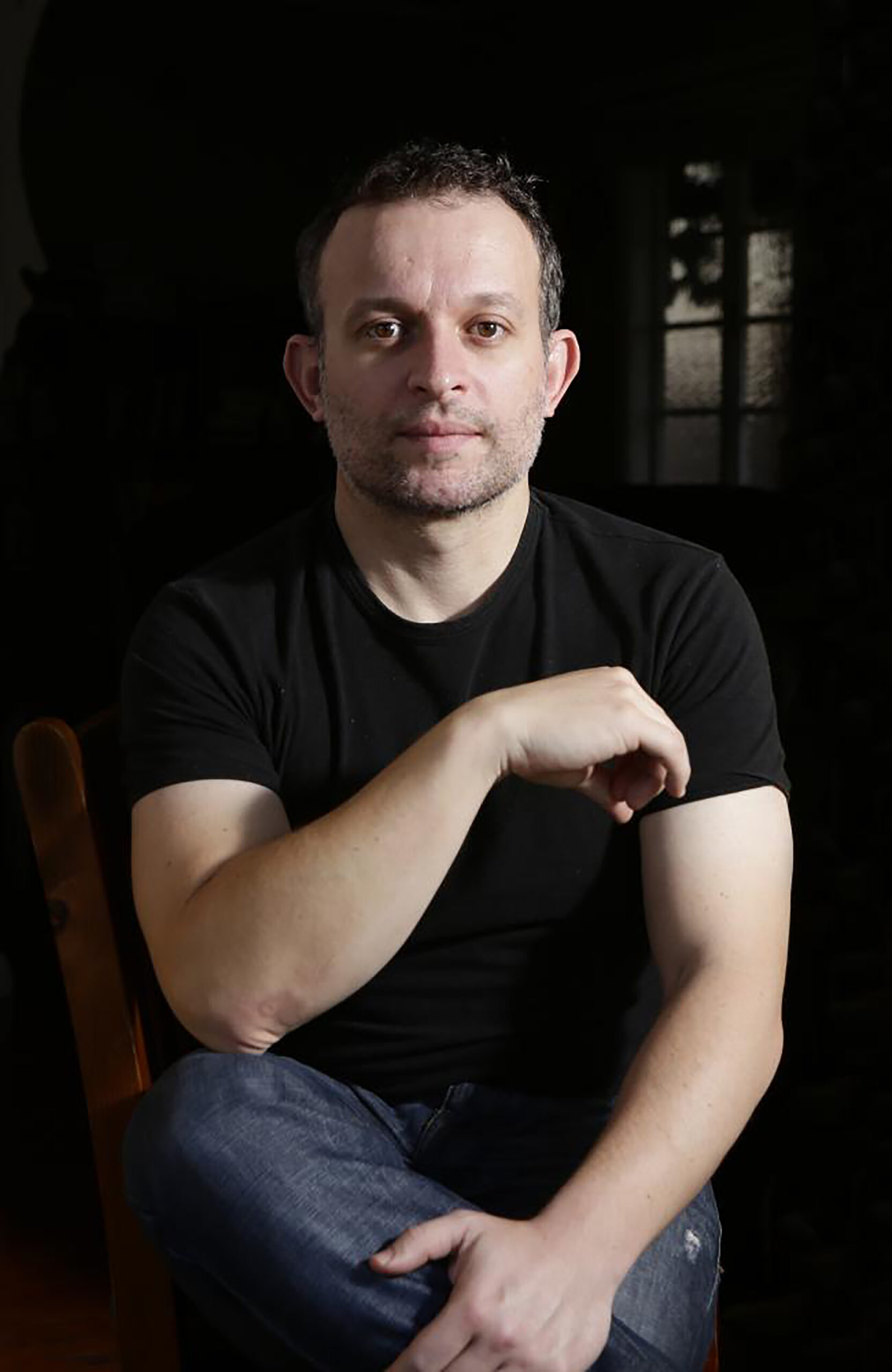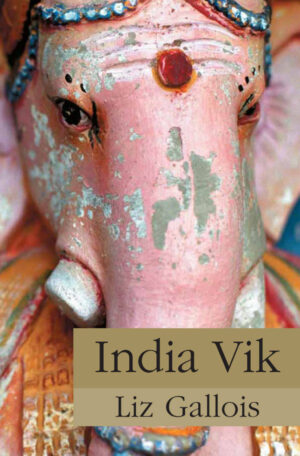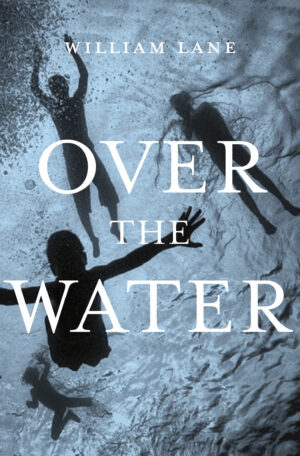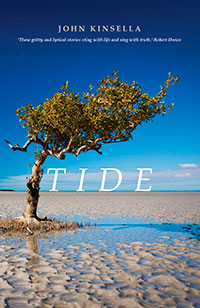I have just finished reading The Mary Smokes Boys by Patrick Holland, which impressed me no end. This is only Holland’s second novel but I am prepared to bet he will become one of our most significant writers over the next decade.
His style is arresting and original; it reminds me most of Cormac McCarthy, but is distinctly Australian. It’s literary but plot-driven. It’s slow and understated yet powerful. His use of landscape – not just the lyrical description but the deep embedding in plot and character – brought a tear to my eye in the first few pages.
Inga Simpson Notes from Olvar Wood www.ingasimpson.com.au Patrick Holland’s beautiful, beautiful second novel, The Mary Smokes Boys, is a tale that transports you through its realisation of place and its genuinely affecting story of love (for brothers, sisters, mothers, fathers). And yes, for a language as pure and magical as I have read in a long time. Grey North is aged just ten when his mother dies in childbirth. Her baby daughter survives the tragic event and is given her mothers name in tribute: Irene. The bond between Grey and Irene is inseparable, and with a journeyman father (who is an alcoholic to boot), the siblings have by no means an easy childhood. They also inhabit a community which the wider society all but ignores; it’s just a pitstop on Southern Queensland’s Western Highway: blink and you miss it. Through one of the North’s neighbours, Eccleston, Grey soon joins the rough ‘n’ ready ‘Mary Smokes Boys’. Their adventures – normal adolescent larking-about as well as those of a darker, riskier hue – form the backbone of this novel. There are echoes of Jon Bauer (featured in this issue) here in Holland’s ability to inhabit these wonderfully realisedyoung characters, and I also thought of Chris Womersley’s The Low Road in that a sense of foreboding is never far away. But Holland is out on his own when it comes to his descriptions of the flora and fauna of the region’s natural world – this surely stands as some of the best nature writing this country has produced. Finally, a larger theme Holland addresses isan existential one; namely what is the status of faith and hope in the vanishing world of country Australia, as our metropolises expand ever outwards, and small towns stay only barely viable? A major work from a writer I had not known of before,
but cannot help but think has a substantial career ahead of him.
Martin Shaw Readings Newsletter, August 2010.
Grey North lives in the small town of Mary Smokes, outside of Brisbane. Grey’s mother dies giving birth to his little sister, Irene, and from this traumatic event the novel, and Grey’s character, emerges. On the night his mother dies, there is a cruel juxtaposition – fireworks and the delighted squeals of children on show rides, while Grey has just found his mother bleeding on the floorboards. His relationship with his sister begins as one of resentment, later turning to protection and attachment, as she begins to more resemble the mother he has lost.
Grey becomes involved with the boys he used to watch at night, the ones his mother called the ‘Wild Boys’, as he imagines the ‘nights of the wild boys charged with secret meaning’. He becomes close to the half-Aboriginal boy Eccleston. Grey’s father is a drunk and a failure, and Grey has no concept of the ‘heritage’ his grandmother speaks about. The past, for him, is just his mother.
Patrick Holland’s sentences are tight yet lyrical – swift, like the passing of time in this novel. Soon Grey is in his twenties and a severe kind of attachment has formed between him and his sister, Irene. This is a novel about a very small group of isolated people who have gone through trauma, change and loss, and so cling to each other – seeming casual, carefree about it at times; and at other times openly intense – desperate to hold on. The depth of their attachment is often uncomfortable for the reader, but this is because Holland never tells you too much. He gives space for the reader to interrogate the characters’ motives.
Though the novel is set in contemporary times, it feels old-fashioned, in the best possible way, and this is suitable to the themes of change, and loss. The town of Mary Smokes transforms – bulldozers, roads, shopping malls. But there is a continuance of quiet and space – an old drive-in theatre, a meteor shower, a desolate service station late at night, a paddock full of horses, the river. It also feels more like the American West, than the outback, at times – but beautifully so, in the tradition of American Gothic – in the vein of literature and film of insular, struggling, dramatically-charged lonely towns and people.
For some of the book, you are galloping along with the characters, but their issues keep resolving themselves, and you wonder, where is it all going? But you’ve forgotten about a few little plot points Holland has thrown out, and they all come together in a devastating climax. Along the way, there are incidents of theft, gambling, longing, fights, sickness, survival, narrow escapes, protection, and standing up for someone. The conflict is quick and constant, almost episodic, and if I had any qualm it would just be that I would have benefited from more clues, earlier on, that bigger struggles, and changes, were afoot – but the writing and characters were certainly enough to keep me glued. The ending is unexpected, but you do feel that Grey, who as a child was ‘moved swiftly to tears and violence’, and his story, could not have resolved any other way.
I think about a book like Philipp Meyer’s American Rust, in terms of some of the setting and themes – friendship, violence, isolation and most definitely changes over time, and transience; combined with the insular, things-only-getting-worse, narrative of something like the Coen Brothers’ film A Serious Man; but with selective and beautifully rendered features of Australianness, like in Matthew Condon’s The Trout Opera – features which are contemporary, but, as said before, the novel as a whole feels old-fashioned. The closest thing I’ve read recently, out in September, is Chris Womersley’sBereft, which would make a nice companion. Together, they seem to point to a sort of new Australian Gothic – moody, contained Australia-set novels.
This is Holland’s second novel, after The Long Road of the Junkmailer (UQP), which was nominated for the Commonwealth Writers Prize, South East Asia Region, and won other awards. Holland grew up in outback Queensland and, as evident in the skilled descriptions of the horses and their handling in the novel, worked as a horseman in the Maranoa district and a ringer in the top end. He has traveled, studied and been published widely. I look forward to reading more from him.
Angela Meyer Byron Bay Echo
I remember the first time as a bookseller when I experienced that flutter of excitement of knowing that I had just read a book that I could press into the hands of my customers confident that this was a special book and that they would be changed by it. It was Middlesex by Jeffrey Eugenides. I experienced the same buzz of excitement when I began to read The Mary Smokes Boys by Patrick Holland. This was one of those books, one of those straight-to-the-heart, life-changing books. At the recent Australian Booksellers Association conference at a panel on small presses, I held up my advance copy of the book and pointed and said “This Book! Keep your eye on this book.” A young bookseller tracked me down after the session. It was a fellow who worked at Readings in Melbourne. He was also clutching his advance reading copy of The Mary Smokes Boys and he had that same, excited glow in his eyes as he held his copy to his chest. “This book!” he said, “This book.”
The Mary Smokes Boys is fundamentally a story about the love between a brother and a sister. Grey and Irene are people who feel so real that they become like members of your own family while you are reading the book, but after the book is finished, they continue to live on feeling like pieces of yourself.
I was trying to work out why Holland’s book filled me with ideas for my own work and after considerable thought I have come up with a theory. It is because of the respect that Holland affords a reader. This book does not contain all the answers. Holland draws a delicate picture, and then steps back, leaving space for the reader to think and to dream and to bring themselves to the work. It is a conversation between a reader and a very skilled writer. This is the best quality in a book, and it is ever-present in this one.
Krissy Kneen at launch of The Mary Smokes Boys, Avid Reader Bookshop, Wednesday 11 August 2010
Now that I am not blogging for Readings anymore, I thought I would stop blogging. The pressure, the pressure, the constant pressure to think of new things to write each week was one of the drawbacks of committing to writing a non-marketing blog for them. But, then I read The Mary Smokes Boys by Patrick Holland and, apart from colleagues and customers, had no one to really share the joy with. And what joy. It is sad and desperate but a touch mythical and lyrical and he writes with such confidence and (clearly) knowledge of small town-ness. New Australian Gothic. A real diamond of the year for me. I really couldn’t wait to read more from him.
So, I went fishing for him online and found a few of his stories for the Griffith Review here. Yes, he is one to watch. A slow burn of a writer who obviously has a clear eyed approach to story. Read The Mary Smokes Boys. It’s great.
Pip Newling http://pipseye.blogspot.com/ September 1, 2010
I can promise you that this will be the most significant new work of novel-length Australian fiction you will read in 2010 (I will not disparage nor diminish the vitality of other great and powerful works of original fiction, and from Alex Miller to Chris Womersley to Jon Bauer to Wayne Macauley to Emmett Stinson to Joel Deane to Daniel Ducrou to James Laidler ad infinitum, I know there are many), but Patrick Holland’s The Mary Smokes Boys vibrates beyond the realm of nepotistically-inclined marketplace comparisons, because the novel offers a reality so achingly wrought, so decisively rendered, so incendiary in its heartbroken hunt for human morality that the book, and its relevance, could only be tarnished by the limitations of analogy. So what about Holland’s narrative is so relevant to you or I?
First among many reasons is that he has crafted a story to chill the bones, one in which the haunting bildungsroman of Grey North — sole son to an emotionally-insensitive self-penitent Australian stockman given to vice, and an inexperienced but soulfully generous Gaelic mother devoted to Christianity whom we only come to know through retrospect — is transcribed to page with a trembling fidelity of purpose, and with an urgency and economy of phrase which intensifies the iconographic culture of Mary Smokes, foregrounds its symbolic heft as an almost apocryphal town to which all modern Australia has either originated from or retreated to: the locus of the heartland of our country.
****1/2 out of *****
www.fun-with–kites.livejournal.com

